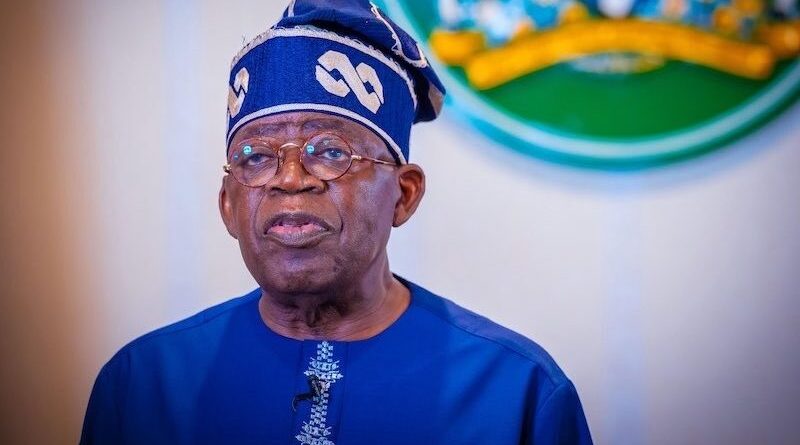Tinubu promises improved industrial and economic growth as Nigerian Economic Summit kicks off
President Bola Tinubu on Monday gave the assurance that his administration is determined to speed up industrialisation and keep Nigeria on the path of sustainable economic growth to the benefit of all.
The president, at the 31st Nigerian Economic Summit in Abuja, told participants that the reforms his administration is pursuing are guided by a balance between “economic logic and public expectation,” adding that the government’s focus remains on inclusive growth.
“We will stabilise. We will industrialise. We will humanise the economy,” Mr Tinubu, represented by Vice President Kashim Shettima, remarked at the opening of the three-day conference themed “Building a Prosperous and Inclusive Nigeria by 2030.”
He affirmed that his administration’s Renewed Hope Agenda is driven by deliberate choices that are aimed at macroeconomic stability, curbing fiscal leakages, and empowering sub-national governments to pursue development based on their priorities.
Mr Tinubu said the government’s policies had begun yielding results, with the country’s gross domestic product (GDP) rising to N372.8 trillion in 2024 from N309.5 trillion in 2023. Revenue collection, he also noted, jumped to N25.2 trillion in 2024 and N27.8 trillion as of August, compared to the N18.3 trillion projected for the year.
The president said Nigeria’s debt service-to-revenue ratio had fallen below 50 per cent from 97 per cent in 2023, citing improved fiscal management that earned the country credit rating upgrades from both Fitch and Moody’s.
He also reported that the economy expanded by 4.2 per cent in September, exceeding projections by international institutions, while non-oil revenues grew by more than 400 per cent year-on-year.
According to him, external reserves had risen to $43 billion as of September, while trade balance increased to N7.5 trillion in the second quarter of the year, compared to N5.2 trillion in the first quarter. However, he admitted that the growth is yet to translate into sufficient employment opportunities.
He said the government is giving priority to agriculture and solid minerals “to create jobs and strengthen the economy,” and has partnered with other countries to provide modern farming tools and training for local farmers.
Reform gains
In his presentation on the state of the economy, Minister of Budget and Economic Planning Atiku Bagudu observed that the economy is showing signs of recovery after two years of tough reforms aimed at stabilising public finances and achieving sustainable growth.
“We are turning the corner. The next focus of government is sustaining the reform for achieving growth and development. Inflationary expectations are on the decline, and we shall continue to support domestic production,” Mr Bagudu declared.
The minister added that monthly federation allocation accelerated to N2.2 trillion in September from below N600 billion before June 2023, easing the path for sub-nationals to invest more in public services.
ALSO READ: Nigerian Economic Summit Group appoints new CEO
He conveyed to the participants the optimism that the government would continue to prioritise agriculture, manufacturing, and the digital economy while implementing tax reforms and encouraging private capital growth.
Looking ahead, the minister foresaw that real GDP will hit a growth rate of 4.6 per cent this year and 5.5 per cent by 2027, with inflation moderating to 15.8 per cent in 2026 and 10 per cent by 2027.
He said the second phase of the National Development Plan (NDP) for 2026–2030, which targets a $1 trillion economy by 2030, would be developed through a consultative and inclusive process involving state governments, private sector actors, and civil society.
“We remain committed to policies that will unlock Nigeria’s full economic potential,” he said. “Together, we can build an economy that is inclusive, competitive, and capable of delivering shared prosperity for all.”


